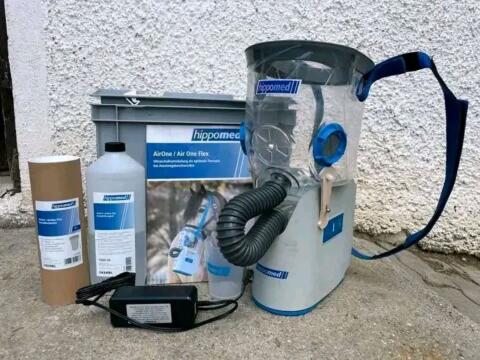
Classified ad
Ich verkaufe einen Ultraschall-Inhalator von Air-One. Das Gerät wurde 2022 neu gekauft und 'zum Glück' relativ wenig genutzt. Es ist voll funktionstüchtig und funkti
81475 München
2 days online
Results

Classified ad
Ich verkaufe einen Ultraschall-Inhalator von Air-One. Das Gerät wurde 2022 neu gekauft und 'zum Glück' relativ wenig genutzt. Es ist voll funktionstüchtig und funkti
81475 München
2 days online
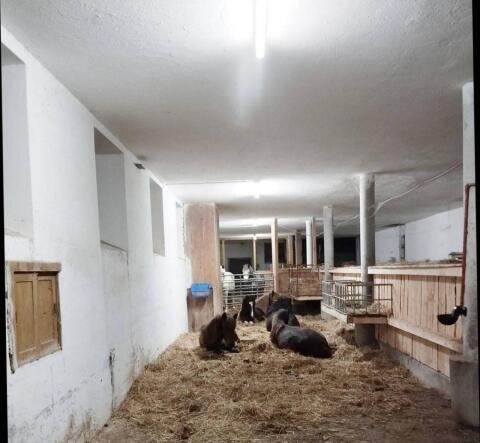
Classified ad
Price on request
Wir betreiben einen kleinen landwirtschaftlichen Betrieb im schönen Mostviertel. Das Wohlergehen der Pferde steht bei uns an erster Stelle. Jedes Pferd soll sich in
3352 Sankt Peter In Der Au
2 months online

Classified ad
Ich bin auf der Suche nach einem Einstellplatz für meine zukünftige Stute, Umgebung Oberwart (max. 20 Minuten). Horse market Horse stabling places
7400 Oberwart
2 hrs online
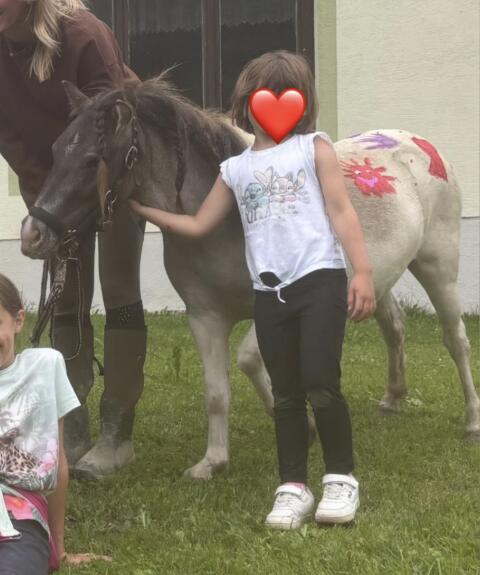
Classified ad
2.500 €
Verkaufe meine 2 Shettys, Lillifee und Coco sind 3 und 6 Jahre alt, hübsche, liebe und brave Ponys mit viel Behang. Sehr brav auch mit Kindern. Werden nur gemeinsam
8843 Sankt Peter Am Kammersberg
4 hrs online
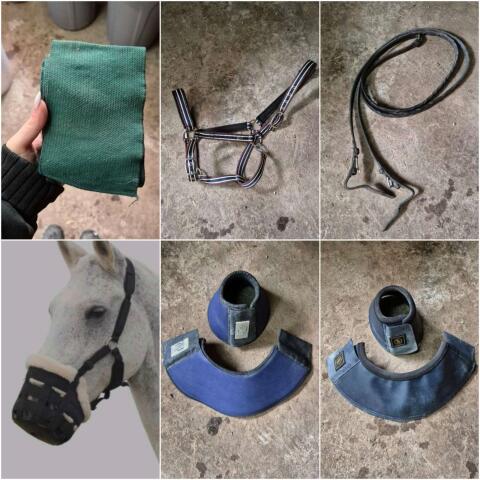
Classified ad
Sämtliche Pferdeartikel zu verkaufen, bei Interesse gerne melden. Preise sind zwischen € 10, - und € 45, -. Horse market Horse Accessories
3195 Kernhof
6 hrs online
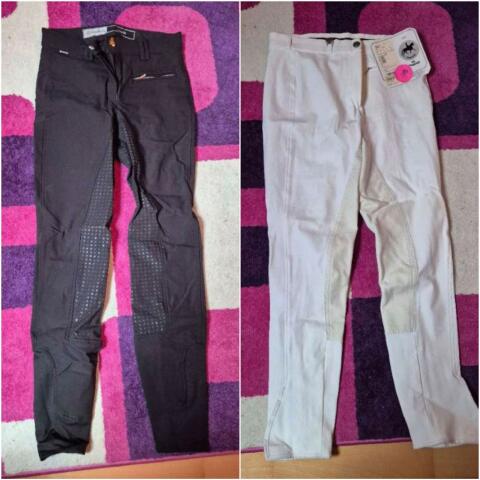
Classified ad
30 €
2 Reithosen zu verkaufen, Turnierhose ist komplett neu. Horse market Equipment
3195 Kernhof
6 hrs online
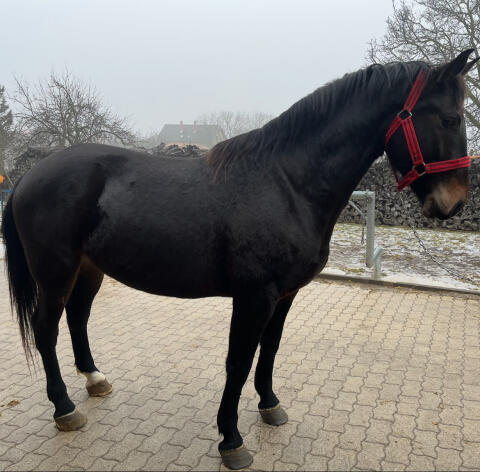
Classified ad
3.000 €
5-jähriger Noniuswallach, Stockmaß von 163 cm. Hat Pedigree und Pass. Wurde mit 3 1/2 Jahren angeritten. Nähere Infos bitte melden. Horse market Warmblood horses for
7020 Loipersbach
6 hrs online
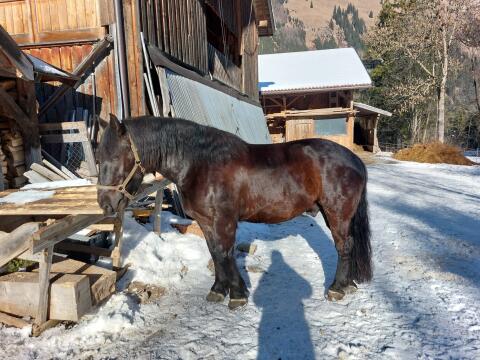
Classified ad
Price on request
Aufgrund Bestandsverkleinerung abzugeben. Noriker Passgespann, Rappen. Vollgeschwister. V: Grandios Vulkan, M: Trixi Blanca. Beide sicher zweispännig gefahren, re. u
6651 Grießau
7 hrs online
1. How do I recognize the first signs of colic in a horse?
The first symptoms are restlessness, repeatedly lying down and standing up, pawing with the front hooves and looking at the belly. Look out for reduced defecation, bloating or lack of appetite. If you suspect this, call the vet immediately and sedate the horse.
2. Which vaccinations are essential for horses?
Tetanus and influenza (equine flu) are essential. Depending on the risk, you should also vaccinate against herpes virus (EHV), rabies and strangles (druse). Work with your vet to create an individual vaccination plan that takes stable conditions and travel activities into account.
3. How do I care for the hooves properly to prevent laminitis?
Daily hoof inspection and cleaning is mandatory: remove stones and dirt, check pads and frog. Supplement this with monthly shoeing or bare hoof care from the farrier. Ensure a balanced feed with a low sugar and starch content.
4. What signs indicate parasite infestation and how to prevent it?
Weight loss, dull coat or itching can indicate parasites. Carry out a worming treatment at least twice a year, ideally after a fecal sample analysis. Stable and pasture management - regular mucking out and rotational grazing - reduce the infection pressure in the long term.